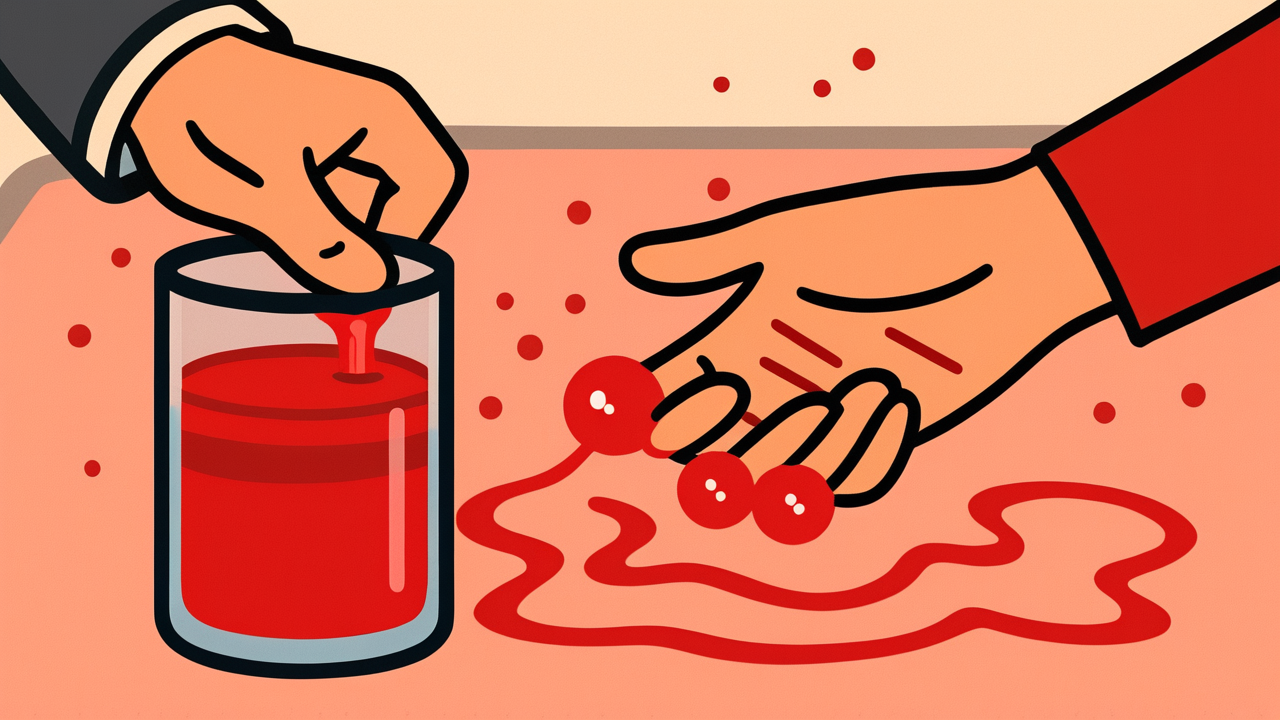How to Read “血は水よりも濃い”
Chi wa mizu yori mo koi
Meaning of “血は水よりも濃い”
“Blood is thicker than water” means that bonds with blood-related family members and relatives are deeper and stronger than other human relationships such as those with friends or acquaintances.
It uses the physical fact that blood has higher viscosity and is thicker than water as a metaphor to express the special nature of blood relationships. It shows the way of thinking that no matter how close friends you have or lovers you may have, ultimately family bonds are the most reliable.
This proverb is often used when facing difficult situations or when confusion arises in human relationships. For example, when relationships with friends don’t go well, it might be used like “After all, blood is thicker than water, so family is the most important.” It’s also sometimes quoted as a reason to justify choices in situations where family should be prioritized. Even in modern times, it continues to be understood and used as an expression that reaffirms the special meaning of blood relationships and the importance of family.
Origin and Etymology
The proverb “Blood is thicker than water” actually came to Japan from the West. It’s believed that the English phrase “Blood is thicker than water” was the original form, which was translated into Japanese and became established from the Meiji period onward.
What’s interesting is that the English proverb that became the source of this expression may have originally been used with a different meaning from what is currently known. In old documents, it was recorded in the complete form “The blood of the covenant is thicker than the water of the womb,” which means “the blood of covenant is thicker than the water of the womb.” In other words, it had the opposite meaning from the current interpretation – that chosen bonds are stronger than natural blood relationships.
However, over time the expression was shortened to “Blood is thicker than water,” and its meaning changed to emphasize the importance of blood relationships. It was this shortened form that was transmitted to Japan and accepted with the meaning that “blood relationships are more important than other relationships.”
It’s presumed that during the Meiji period’s adoption of Western culture, it naturally became established in Japanese because it also matched Japan’s values of respecting the family system.
Usage Examples
- After all, when you’re in trouble, your siblings help you – blood is thicker than water, as they say
- No matter how close you are with friends, I think family comes first because blood is thicker than water
Modern Interpretation
In modern society, views toward the proverb “Blood is thicker than water” have changed significantly. This is because traditional family concepts have diversified, and blood relationships are no longer the only standard for bonds.
As nuclear families and declining birthrates with aging populations progress, more people are placing importance on chosen human relationships rather than blood relationships. Especially among younger generations, relationships with family are not necessarily good, and it’s not uncommon for friends, lovers, and workplace colleagues – relationships they’ve chosen themselves – to become their emotional support.
Also, family forms have diversified in modern times. There are many families bound by deep bonds without blood connections, such as adoptive families, remarried families, and same-sex couple families. For these families, this proverb that emphasizes blood relationships might feel outdated.
On the other hand, precisely because SNS and digital communication have become mainstream in modern times, the “unconditional acceptance” and “continuity” that blood relationships possess are being reevaluated. While friendships may become distant due to environmental changes, family relationships basically continue for life.
As a modern interpretation, the flexible understanding that “blood relationships are important, but they’re not everything” is becoming mainstream.
When AI Hears This
Blood is 90% water, so physically speaking, “blood is thinner than water” would be the correct statement. Yet humans continue to describe blood relationships as “thick.” This linguistic reversal reveals a fascinating feature of our cognitive systems.
The human brain tends to prioritize social bonds over physical facts when processing information. According to evolutionary psychology research, cooperative relationships with blood relatives improved survival rates by approximately 25%, leading to the development of cognitive biases that treat blood connections as special. As a result, we ignore the actual properties of blood as a substance and project the physical attribute of “thickness” onto the abstract concept of kinship.
What’s even more intriguing is how this illusion gets reinforced through language. Expressions like “thick relationships” and “thin connections” are classic examples of cognitive metaphors that help us understand human relationships through the properties of liquids. Linguist Lakoff’s conceptual metaphor theory points out that such transfers of physical attributes solidify our thinking patterns.
In essence, “blood is thicker than water” is a perfect example of cognitive contradiction—humans prioritize psychological and social bonds over actual physical laws, then justify this through physical metaphors. We are creatures who, despite knowing scientific facts, choose to prioritize emotional truths.
Lessons for Today
What this proverb teaches us modern people is the importance of “roots” in human relationships. Not limited to blood relationships, it means that deep bonds built over long periods of time have special value.
In modern society, we tend to focus on new encounters and exciting relationships, but sometimes it’s important to stop and be grateful for the “root-like” existences that support us. That might be family, or it might be longtime friends. Even without blood connections, these are people who accept you unconditionally.
This proverb also teaches us the value of “continuity.” Relationships that continue beyond temporary emotions or interests have the power to overcome life’s difficulties. By carefully nurturing such relationships, you too can become a “thick bond” for someone else.
As a modern interpretation, please consider including “chosen family” as well. Relationships bound by deep trust and affection regardless of blood ties might be what truly constitute bonds “thicker than water.”



Comments